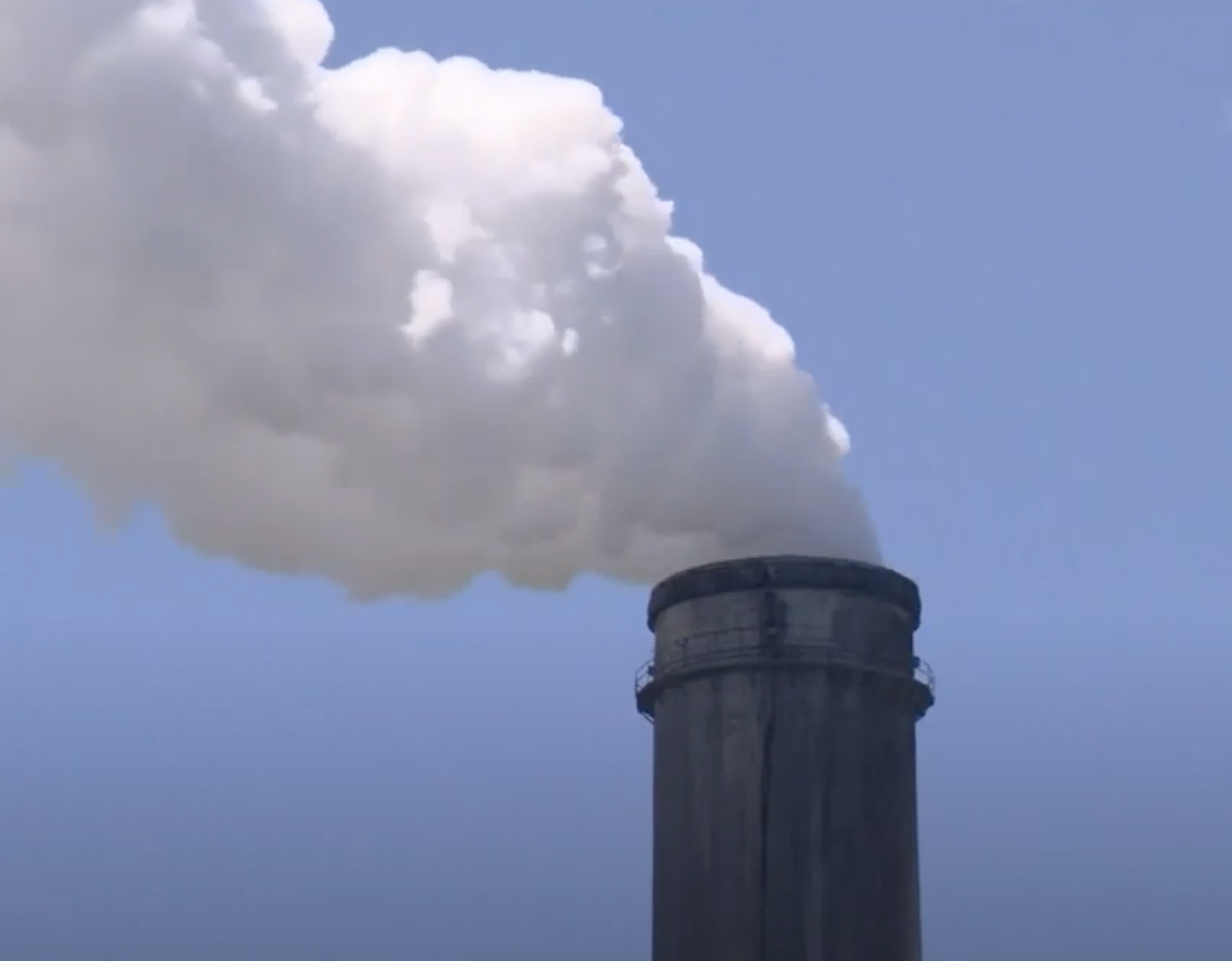Breaking News
Biden’s Battle Against Power Plant Emissions: Supreme Court Upholds New EPA Regulations

Source: YouTube
In a pivotal decision Wednesday, the U.S. Supreme Court recently upheld a new federal rule targeting carbon pollution from coal- and gas-fired power plants. This Environmental Protection Agency (EPA) regulation, a cornerstone of President Joe Biden’s climate agenda, aims to reduce emissions from one of the nation’s largest contributors to climate change. The justices denied emergency requests from 27 Republican-led states, including West Virginia and Indiana, alongside power companies and industry groups, to block the regulation. This decision ensures the EPA’s new standards on power plant emissions will remain in place while litigation continues in a lower court.
What the New Federal Rule on Power Plant Emissions Entails
The EPA's regulation, effective since July, mandates coal-fired power plants operating beyond 2038 and certain new natural gas plants to cut emissions by 90% by 2032. The key technology to achieve this target is carbon capture and storage (CCS), which involves trapping carbon dioxide produced by these plants and storing it underground. Supporters argue that these changes are crucial for curbing power plant emissions, which contribute approximately 25% of the nation’s overall greenhouse gases.
Under this rule, the EPA projects up to $370 billion in health and climate benefits and expects to prevent nearly 1.4 billion metric tons of carbon pollution by 2047—equivalent to the annual emissions of 328 million gasoline-powered cars. However, power industry leaders, including the National Mining Association, have raised concerns about the feasibility and cost of CCS technology at this scale. According to critics, the requirements could make it financially unviable for some plants to continue operating, potentially leading to widespread shutdowns in a sector already facing economic pressures.
Why Republican-Led States Oppose the Rule
Many Republican-led states, particularly those with strong coal and natural gas industries, view this rule as overreach by the EPA. States such as West Virginia argue that the EPA lacks the authority to impose such stringent requirements on power plant emissions without explicit congressional approval. These states and their supporters contend that the new rule could result in job losses, increased energy costs, and threats to grid reliability.
Republican challengers to the rule also cite concerns about the effectiveness and affordability of CCS technology, which they argue has not been proven at the scale required by the new EPA standards. Rich Nolan, CEO of the National Mining Association, emphasized that the regulation’s compliance costs could be “catastrophic” for American industries and families, warning of increased power prices as plants either shut down or undergo costly upgrades.
The Supreme Court’s Rationale and Key Dissent
In upholding the EPA’s rule, the Supreme Court did not elaborate on its decision. However, Justices Brett Kavanaugh and Neil Gorsuch noted that the regulation’s compliance timeline—set to begin in 2025—allows time for the case to proceed in lower courts without immediate harm to the challengers. The court’s conservative majority has generally been skeptical of federal regulatory power, making this decision a notable exception.
Justice Clarence Thomas dissented, while Justice Samuel Alito recused himself, likely due to his investment ties to Oklahoma Gas and Electric, one of the companies challenging the rule. Some court observers suggest that the recent decision may reflect the justices’ view that the EPA’s rule falls within its statutory authority under the Clean Air Act—a law that has historically empowered the agency to address air pollution issues.
What This Means for Power Companies and the Public
The implications of this ruling extend beyond the power sector. For power companies, this rule presents a choice: adopt expensive technology to curb power plant emissions or face potential shutdowns. This could lead to higher energy costs, particularly in regions heavily reliant on coal and natural gas. Additionally, utility companies may need to invest in cleaner energy alternatives or face increased regulatory scrutiny as the Biden administration intensifies efforts to transition to a carbon-neutral economy by 2035.
For the public, the potential benefits of reduced carbon pollution are substantial. Cleaner air, lower healthcare costs, and fewer climate-related disasters could improve public health and reduce economic strain over time. Environmental groups like the Natural Resources Defense Council view the rule as a victory for common sense and public welfare.
The Supreme Court’s decision marks a significant moment in the ongoing struggle to balance environmental sustainability with economic interests. As the lower courts continue to deliberate, the future of power plant emissions regulations—and the broader landscape of U.S. climate policy—remains in the spotlight.
Do you support the EPA’s new regulations on power plant emissions? Tell us what you think about the environment in general!
